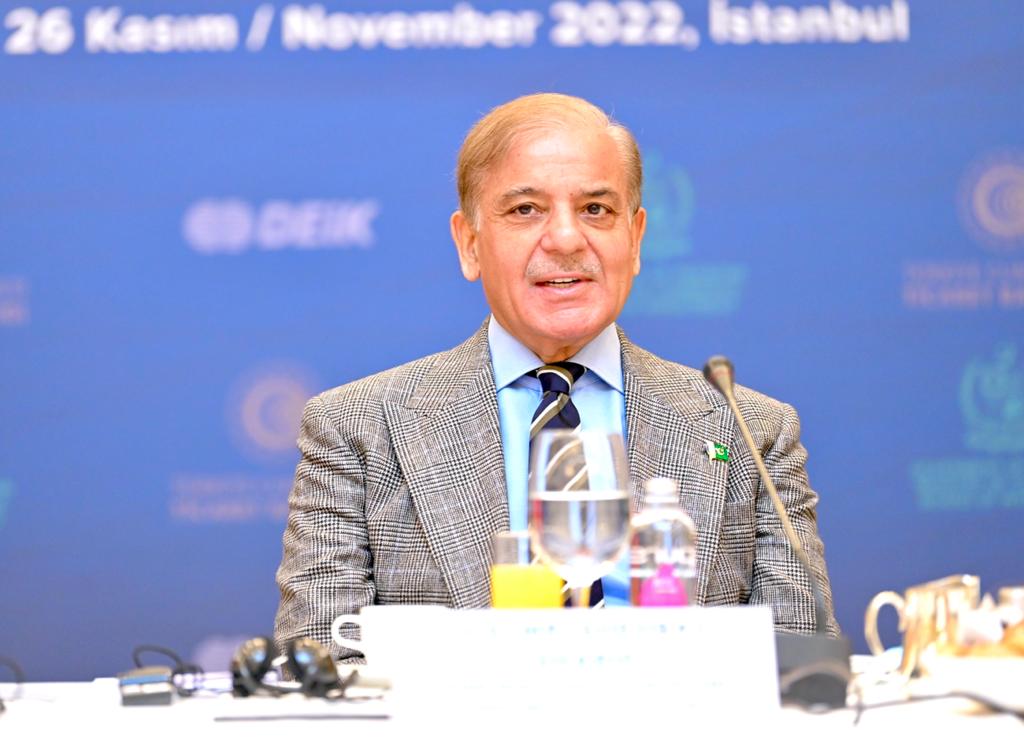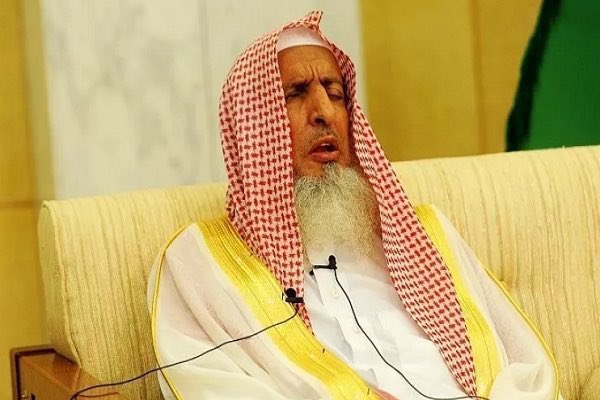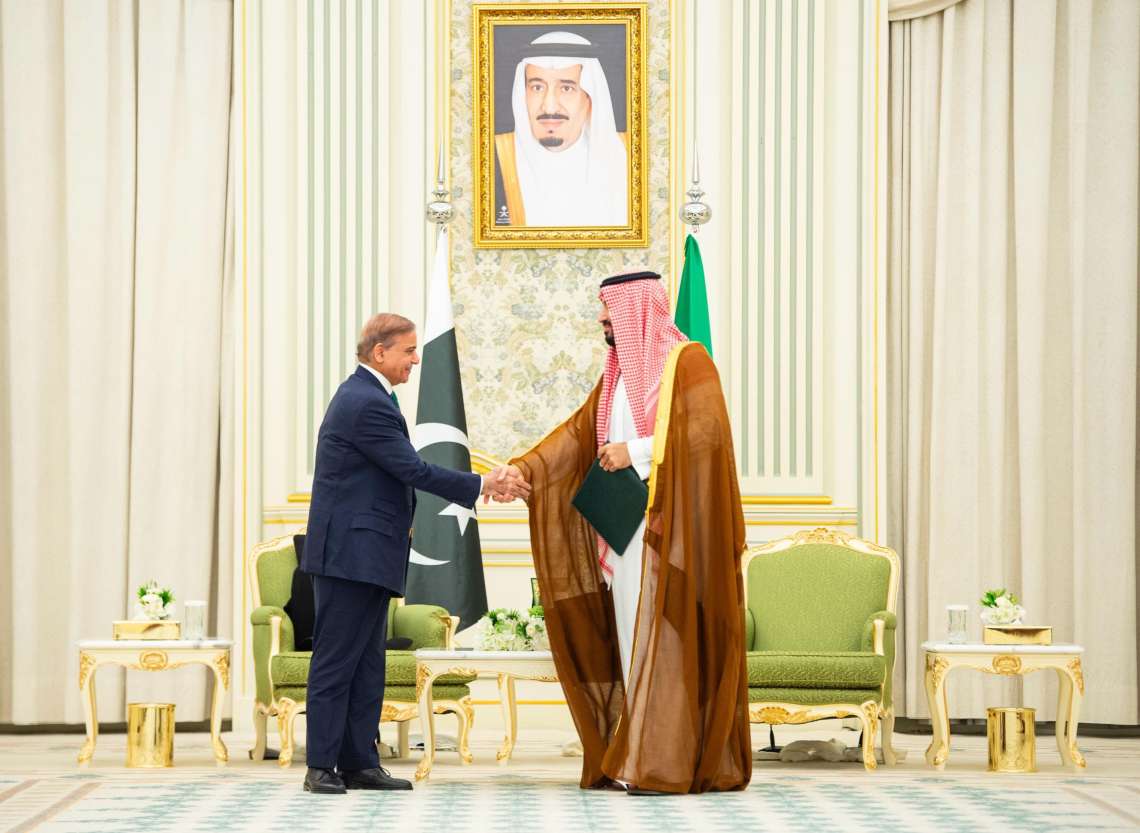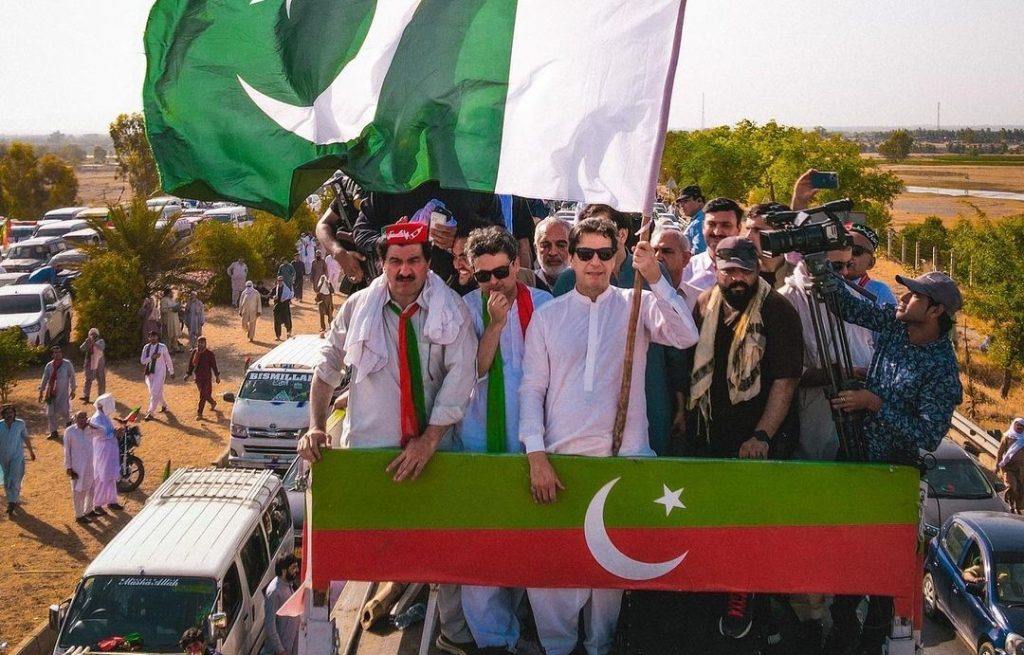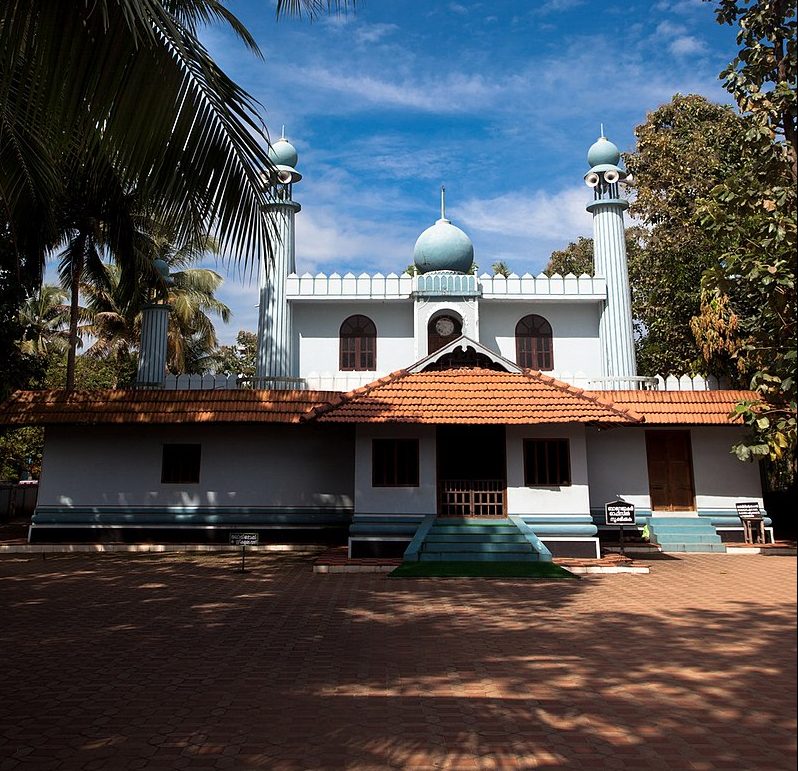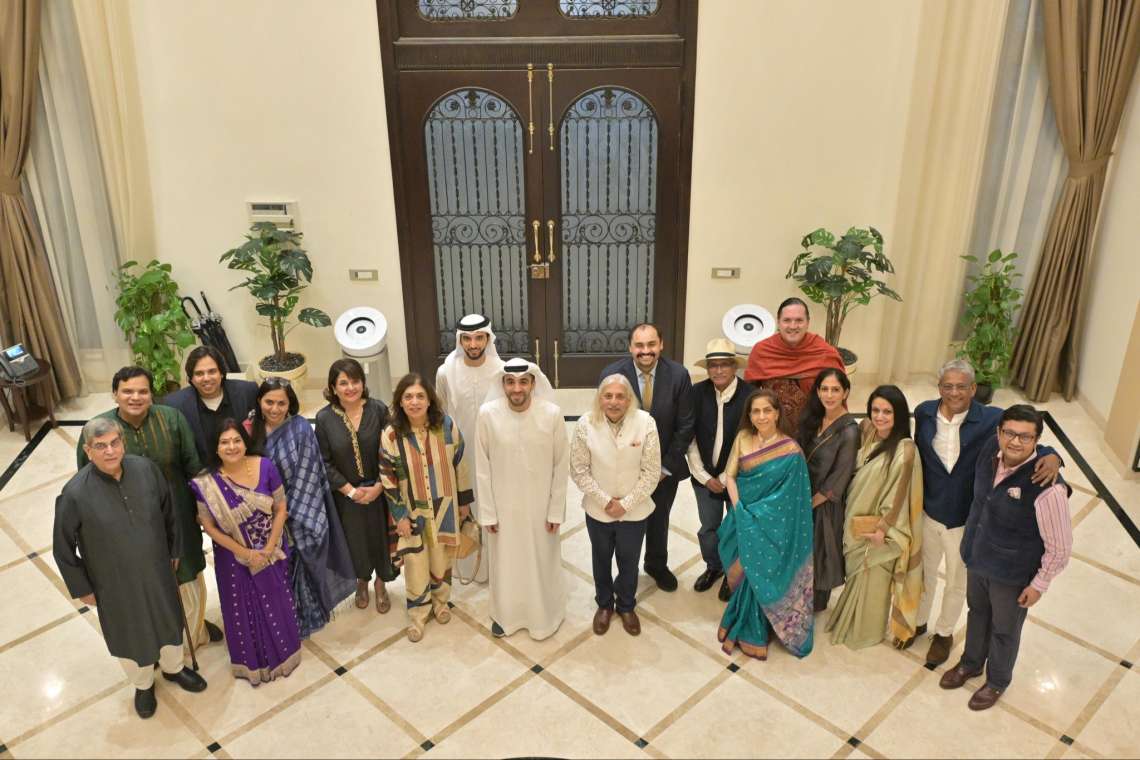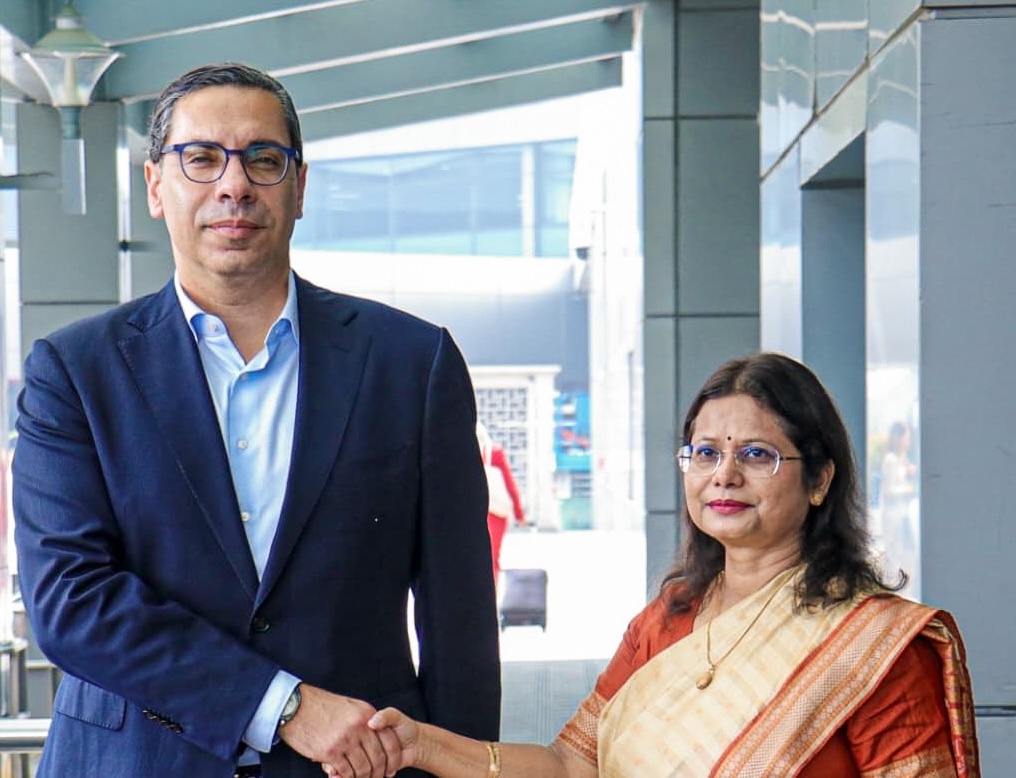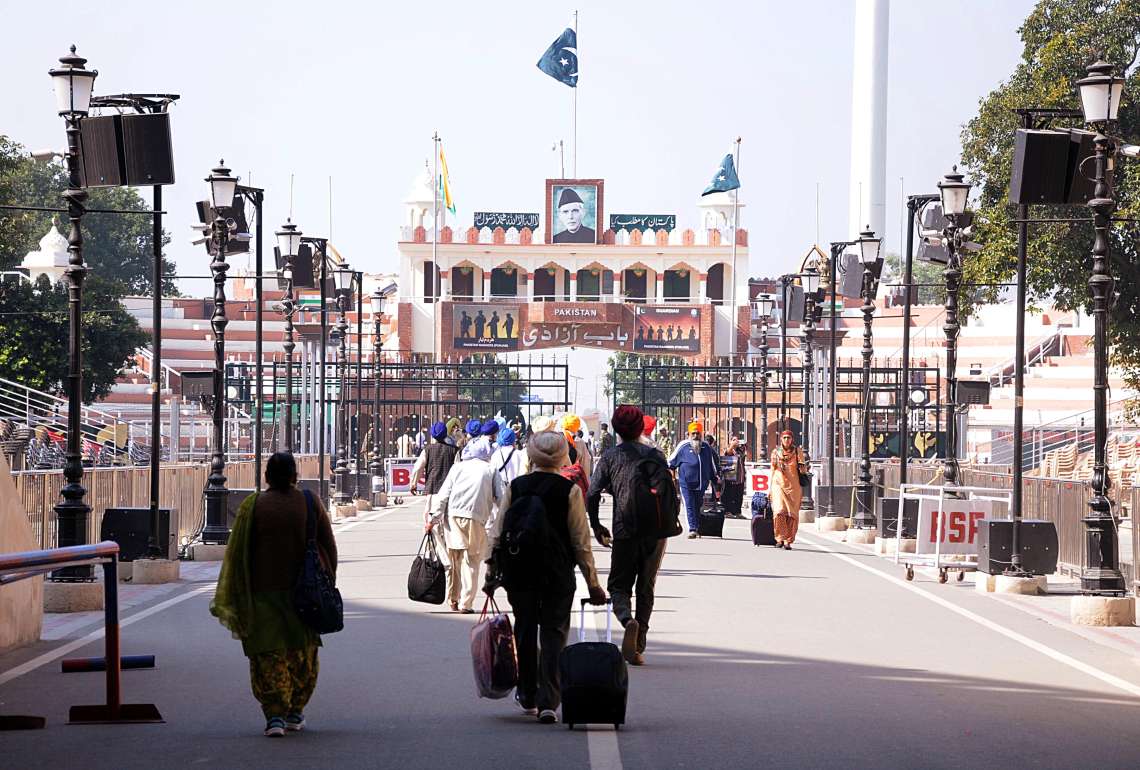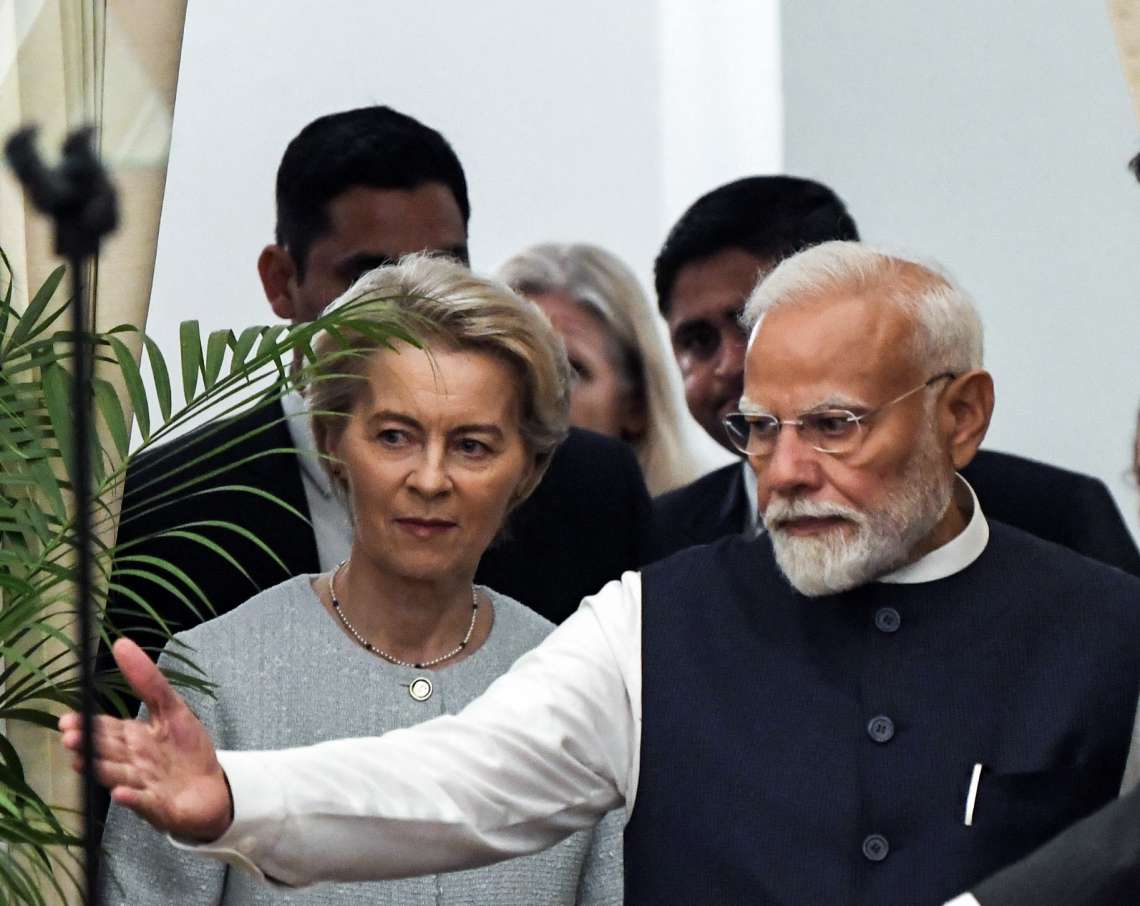There is a very slim chance that Pakistan may be able to win Saudi Arabian support for the resumption of its IMF programme, but if it does, this will be a temporary respite …. A special report on the economic affairs of Pakistan by Dr Sakariya Kareem
Pakistan’s economy is “in a tailspin, moving from crisis to catastrophe”, its renowned US-based economist Atif Miah has warned as the International Monetary Fund’s sorely-awaited bailout is nowhere near sight and Saudi Arabia shows a cold shoulder.
Saudi Arabia, Pakistan’s biggest benefactor, has reportedly invited the Sharif family, including Prime Minister Shehbaz and his self-exiled elder brother Nawaz, to end Ramadan and celebrate Eid. This may indicate the reinforcement of close political ties. But economists caution against the repeat of past Saudi bailouts.
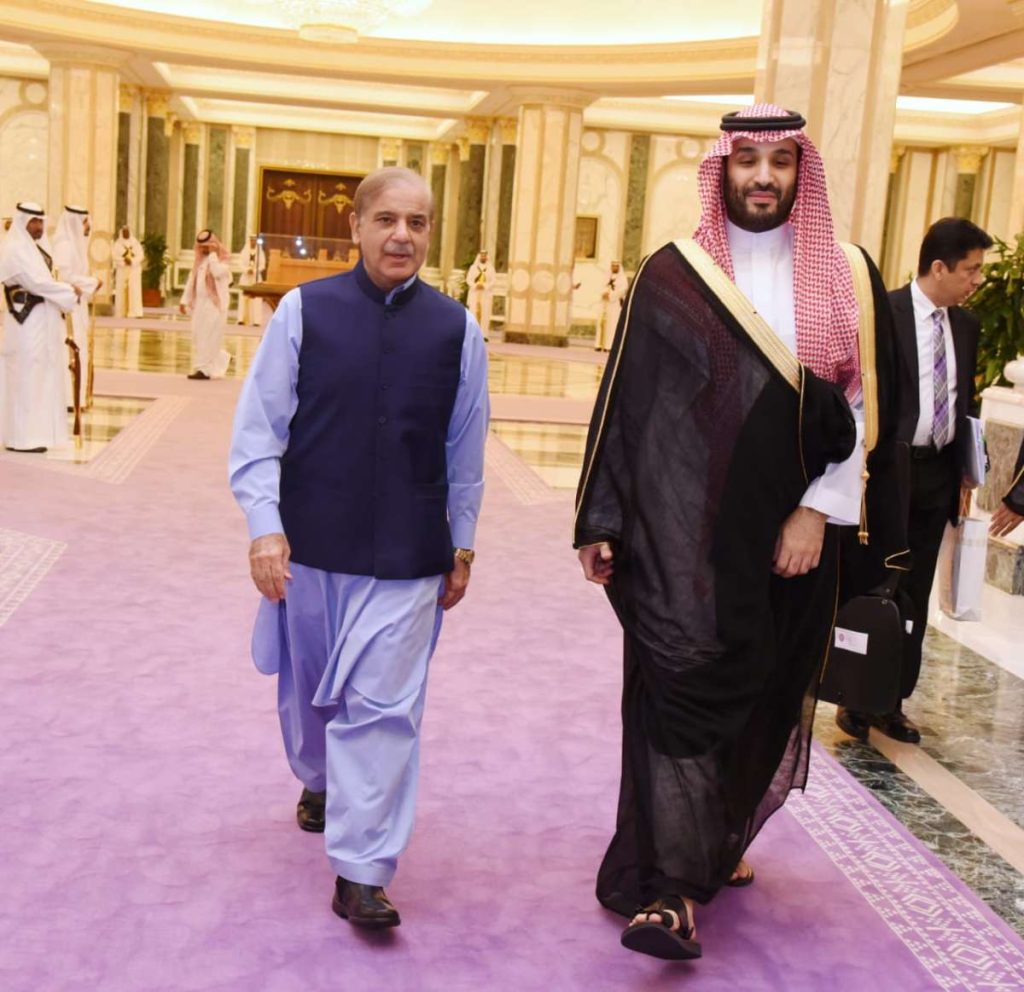
They say Saudi under Crown Prince, Prince Mohammed bin Salman, insists that its surplus funds, earned from the recent oil money boom in the last year, are not for “free lunch.”
“There is a very slim chance that Pakistan may be able to win Saudi Arabian support for the resumption of its IMF programme, but if it does, this will be a temporary respite,” analyst Mosharraf Zaidi wrote in The News International (April 04, 2023).
“Pakistan will not be able to secure any major package of economic support from Saudi Arabia today or in the foreseeable future because the model for such blanket support simply does not exist anymore. Saudi Arabia has changed rapidly (and for the better) – and its rulers, whilst maintaining very strong feelings for Pakistan, simply do not have the capacity to continue to allow Pakistani elites (military and civilian) to convert those fraternal bonds into unconditional bailouts,” Zaidi said.
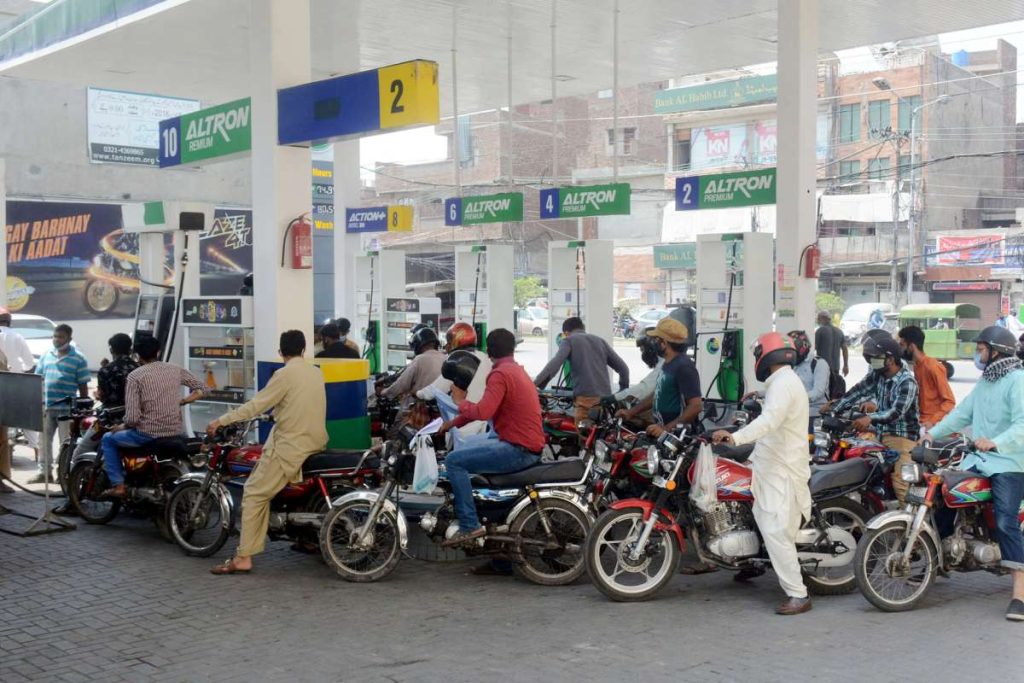
Atif Miah’s warnings have gone unheeded in Islamabad. He was invited by former Prime Minister Imran Khan to join his government, but he reneged under pressure as Miah is an Ahmedia, an Islamic minority declared non-Muslim in Pakistan.
The latest putdown has come from the New York Times (April 3. 2023). Writers Vivian Nereim and Vivian Yee echo Zaidi’s warnings that Riyadh will no longer offer funds to Pakistan and others who refuse to reform their economic infrastructures.
“The kingdom is still sending money abroad. But much of it is now geared towards international investments for profit and influence and kick-starting new industries at home. The Saudi government has also taken on a role similar to the IMF, which gives it even greater sway over regional politics,” the NYT said.
The changes in Saudi Arabia over the last decade, and especially since the middle of 2017, it said, have rendered traditional ways of working in Riyadh obsolete.
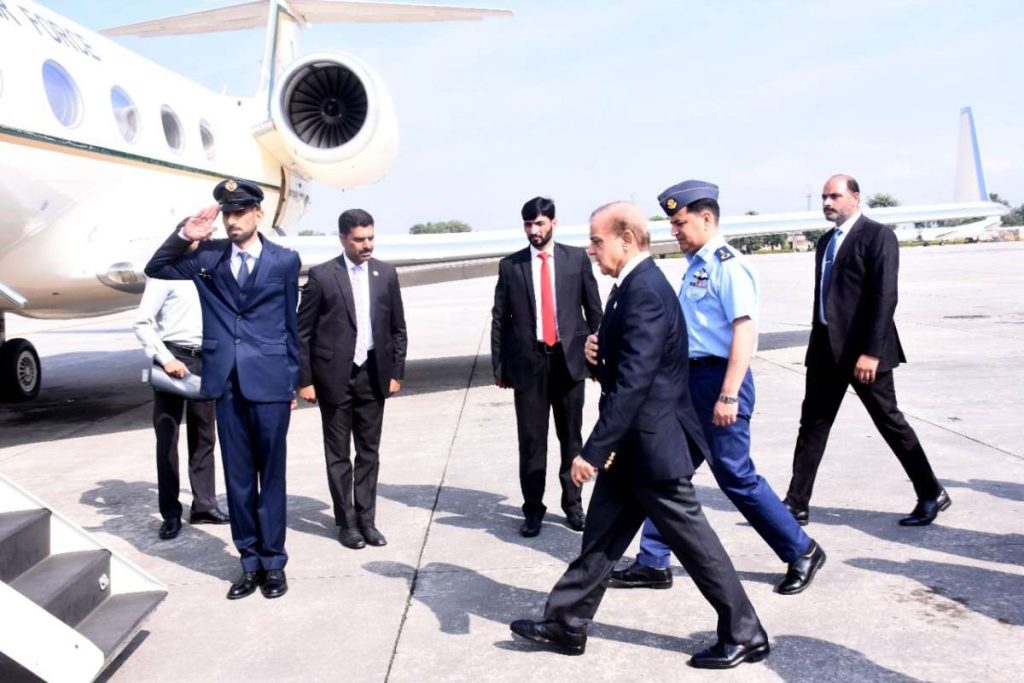
According to Zaidi, “Pakistani military and civilian rulers can continue visiting Riyadh and asking for the same thing over and over and over again. The absence of the traditional blank cheque from Saudi Arabia should have indicated to Pakistani authorities the drastically different scenario for how this new Saudi Arabia makes decisions.
“No bilateral relationship captures the incredible incompetence of the Pakistani elite better than the Pakistan-Saudi Arabia relationship,” Zaidi said.
His comments come amidst unprecedented economic chaos, not just of foreign exchange reserves that have depleted to pay for only a fortnight, but amidst industrial slowdown, falling exports and shortages of essential commodities. The holy month has seen food riots and even deaths of poor people standing in long queues awaiting relief at government shops.
Zaidi says: “Saudi investment in Pakistani assets requires basic paperwork and due diligence. Understand also that Saudi officials have every reason to treat Pakistan as a priority investment destination. Yet, despite all the incentives for Saudi investments to be formalized and closed, four years after the MBS visit, none have materialized. The reason is simple: Pakistan has repeatedly failed to provide even the very basic paperwork and due diligence required to close divestments of some of the publicly owned assets under discussion.
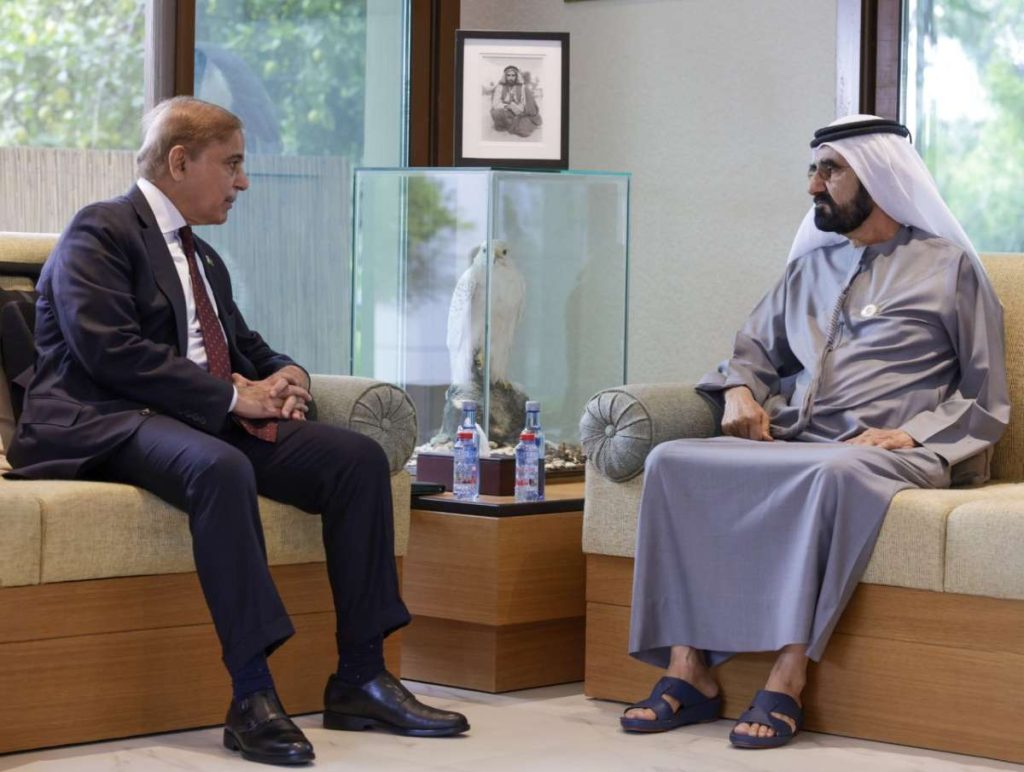
The “harsh truth is”, Zaidi writes: “Pakistan has neither the bureaucratic capability nor the decisive national leadership to allow for investments from Saudi Arabia (or the UAE or Qatar for that matter) to materialize.”
“Old Pakistanis trying to scrape the bottom of the barrel have already been relegated to embarrassing caricatures as they continue to Jurassic Park their way around the region and the world. There are lessons from Saudi Arabia that need to be learnt and applied in Pakistan. But an elite that never learns from what is right under its nose is unlikely to benefit from the experience of a true friend, ally and now archetype – beyond its borders,” says Zaidi.

